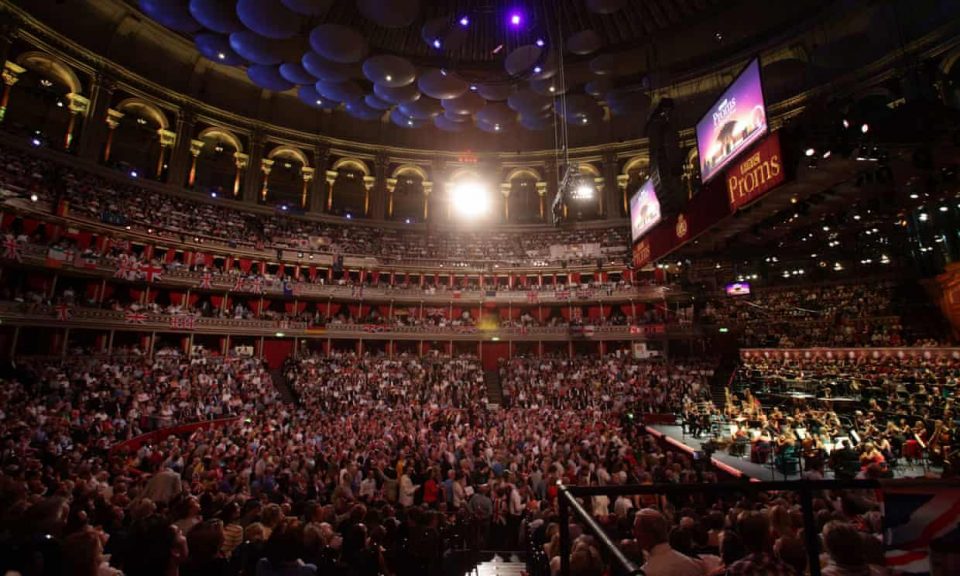Concerns regarding a potential conflict of interest in the governance of the Royal Albert Hall suggest that affluent individuals and organizations might exploit their ownership of seats at this charitable venue to significantly enhance their profit opportunities, according to a member of the House of Lords.
This week, peers are anticipated to cast their votes on a plan aimed at eliminating conflicts between the personal interests of trustees who possess seats and the charitable standing of the RAH. The initiative has garnered backing from the Charity Commission.
Robin Hodgson, who is proposing changes to the Royal Albert Hall legislation, expressed concern that trustees intended to “concentrate more authority within themselves,” which could lead to “nice little earners” by reselling unwanted seats through commercial platforms like Viagogo.
The conflict of interest stems from the structure of the RAH’s council of trustees and the rising trend of seat-holders – including individuals and entities that control 1,268 of the venue’s total 5,272 seats – selling their tickets at marked-up prices. The RAH hosts approximately 400 events annually, ranging from the Proms to contemporary concerts.
Since its inception in 1871, the hall was partly financed by individuals who were granted seats in exchange for their investments. Currently, seat-holders encompass businesses, charities, and individuals, with some family legacies tracing back to the 19th century.
For seat-holders who do not plan to attend an event, there is an option to return their tickets to the hall’s box office for the original price, minus a 10% fee. However, in recent years, some seat-holders have chosen to resell their tickets through third-party websites for significantly higher prices.
For instance, in 2023, tickets for an Ed Sheeran concert, originally priced at £200, were listed on resale sites for as much as £6,000, leading to complaints from the artist. Similarly, tickets for the Last Night of the Proms, valued at £100, have been resold on commercial platforms for over £1,000.
While seat-holders do not possess the right to use or sell their tickets for every event, the new legislation would empower the 25-member council of trustees—19 of whom are seat-holders—to determine which events will be accessible to these individuals. This raises concerns that trustees may prioritize the most profitable events for seat-holders.
In a letter addressed to all peers, Lord Hodgson sought their endorsement for his amendment, stating: “Owning a seat has evolved into a lucrative investment, generating substantial profit for seat-holders… It is evident that they are earning considerable amounts.”
The existing majority of seat-holders on the council of trustees leads to a scenario that “clearly violates the fundamental principle of charity trusteeship: trustees should not derive personal benefits from their decisions made in their capacity as trustees.”
Hodgson is advocating for a subcommittee of independent trustees, who do not hold seats, to review and approve any decisions made by the council regarding events. Additionally, he proposes that ticket sales for seat-holders be conducted exclusively through the RAH box office rather than via commercial platforms.
A correspondence from the Charity Commission to Hodgson earlier this month indicated that the RAH’s ongoing inability to resolve the potential conflict of interest is a significant concern. The commission emphasized that the RAH must “address the serious issues raised regarding its governance.”
Hodgson remarked that the RAH stands as a “remarkable national institution, hosting many of the most iconic events in our cultural calendar.” However, he reiterated that a “core principle of charity law is that trustees must not gain personal benefits from decisions they make on behalf of the charity.”


